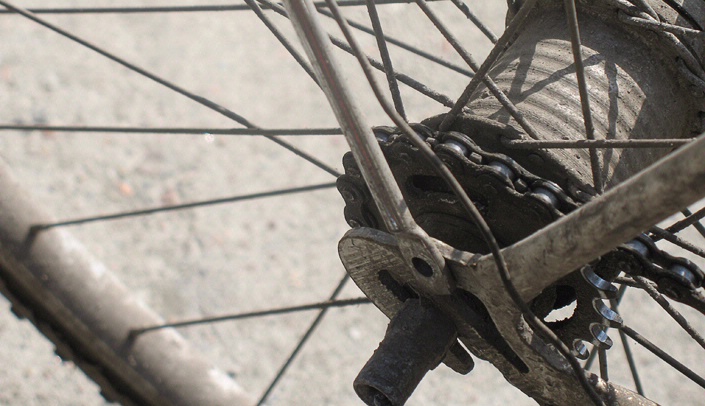This is the final installment of this year’s Sustainability Master Plan (SMP) update. Click on these links to read past articles on the changing of a few baselines, Engagement/Planning/Food Service goals, and the incredible achievements in the energy, water, and emission goals.
|
LIVEGREEN |
by Melanie Stewart |
The transportation goal is to have 20 percent of campus employees and students commuting to campus via active transportation instead of using single occupant vehicles. This reduces parking demand on campus, reduces traffic congestion around the area, saves participants money, and improves community and personal health by increasing activity and reducing pollution.
The baseline for this goal is 12.7 percent, and our current participation is at 18.6 percent. This is a fantastic increase and largely due to TravelSmart. I’m hoping you’ve heard of TravelSmart, but please visit our website if you have ever considered carpooling, biking, walking, or taking the bus to work. This will help to clear up any misconceptions surrounding some of these options. As always, if you have questions, please email TravelSmart@unmc.edu.
Last, but certainly not least, is materials. While all focus areas have a primary and secondary goal, these are equally important when it comes to materials. The first goal is to reduce the total amount of outgoing materials (waste and recycling) by 25 percent. Our baseline weight was 7.4 million pounds per year, and we have reduced this by 8.5 percent, to 6.8 million pounds. This is good progress, and we’ll need to work hard to keep up that pace as we open new buildings and have more people on campus.
The second goal is to increase the amount of material diverted from the landfill to 35 percent. Our baseline was 22.9 percent, and unfortunately we went down to 19.3 percent. However, there is a good reason for this: we used less materials in general, and “reduce” is always a better alternative than recycling.
One of the largest reductions is in paper use, as fewer items are being printed and more items are printed double-sided. Paper is something we all recycle as part of HIPAA/FERPA policy, but by not printing as much, there’s less to recycle, resulting in a reduction of recycled materials. While this is the best possible reason for this reduction we still have a long way to go to meet our goal. Look for more information soon on recycling on campus.
This concludes the SMP update for this year. To read the plan, strategies to meet our goals, or to look at secondary metrics, please see the SMP Web page.

